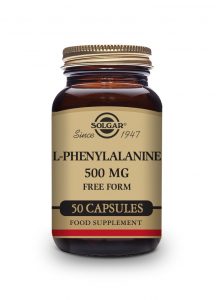


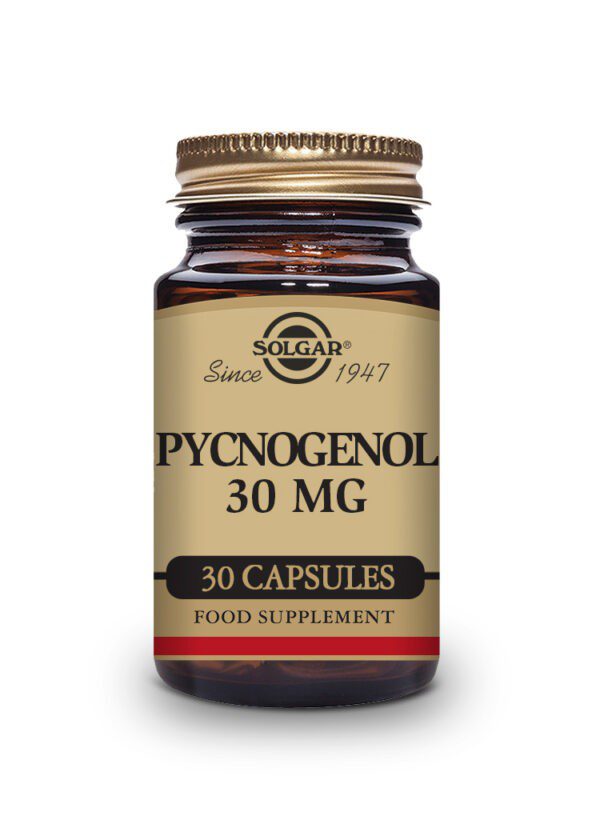
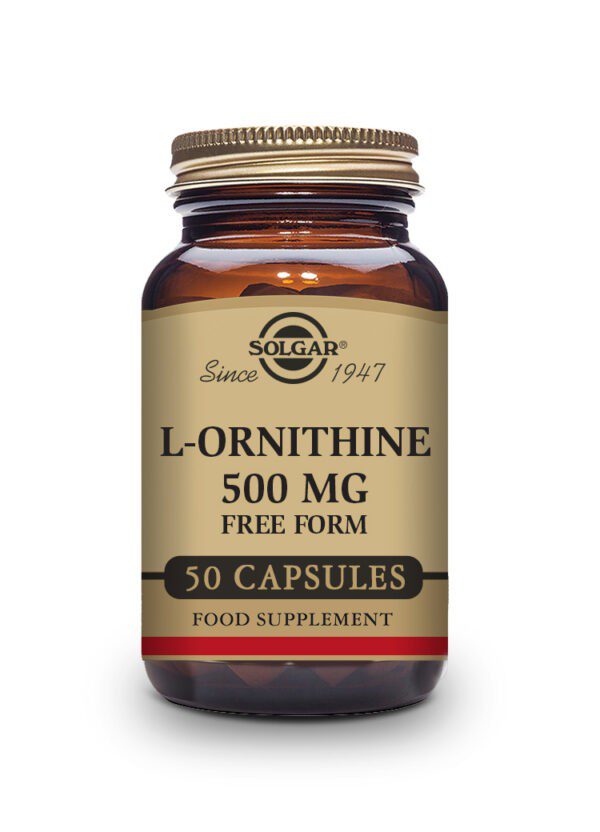
L-Phenylalanine 500mg Solgar
£14.99 Original price was: £14.99.£11.25Current price is: £11.25.
Out of stock
Email when stock available
L-Phenylalanine
L-Phenylalanine is an essential amino acid, meaning that it cannot be synthesized by the human body and must be obtained from the diet.
It is a building block for proteins and is also a precursor for several important compounds in the body, including neurotransmitters. There are two forms of phenylalanine: L-phenylalanin and D-phenylalanine. L-phenylalanin is the natural form found in proteins and is used by the body for various functions.
Here are some key aspects of L-phenylalanine:
1. **Protein Building:** L-Phenylalanin is an essential amino acid that is incorporated into proteins during protein synthesis. Proteins are essential for the structure and function of cells, tissues, enzymes, and other molecules in the body.
2. **Tyrosine Production:** L-Phenylalanin is a precursor to another amino acid called L-tyrosin. Tyrosine serves as a precursor for various important compounds, including dopamine, norepinephrine, and epinephrine (also known as adrenaline). These neurotransmitters play significant roles in mood regulation, energy levels, and stress responses.
3. **Neurotransmitter Synthesis:** The conversion of phenylalanine to tyrosine is a critical step in the production of dopamine and other neurotransmitters. Dopamine, in particular, is associated with feelings of pleasure, motivation, and reward. Imbalances in dopamine levels have been linked to various mental health conditions, including depression and schizophrenia.
4. **Phenylketonuria (PKU):** Phenylketonuria is a rare genetic disorder in which the body is unable to properly metabolize phenylalanine. This can lead to a buildup of phenylalanin in the blood and can cause intellectual disabilities and other neurological issues if left untreated. Individuals with PKU need to follow a strict low-phenylalanine diet.
5. **Supplementation:** Some people take L-phenylalanine supplements for potential mood enhancement and cognitive support. However, the effects of L-phenylalanine supplementation on mood and cognitive function are not fully understood, and more research is needed to determine its safety and effectiveness for these purposes.
It’s important to note that while L-phenylalanin is found in various protein-rich foods like meat, fish, dairy products, and legumes, supplementation is not typically necessary for individuals who have a balanced diet. If you are considering using L-phenylalanin supplements or have specific health concerns, it’s recommended to consult with a healthcare professional before doing so. Additionally, individuals with phenylketonuria should strictly follow the dietary guidelines provided by their healthcare team to manage their condition.
Phenylalanin is an essential amino acid, which means that it is necessary for human health but cannot be produced by the body and must be obtained through the diet.
It is found in a variety of protein-rich foods, such as meat, fish, eggs, and dairy products. It is also available as a dietary supplement.

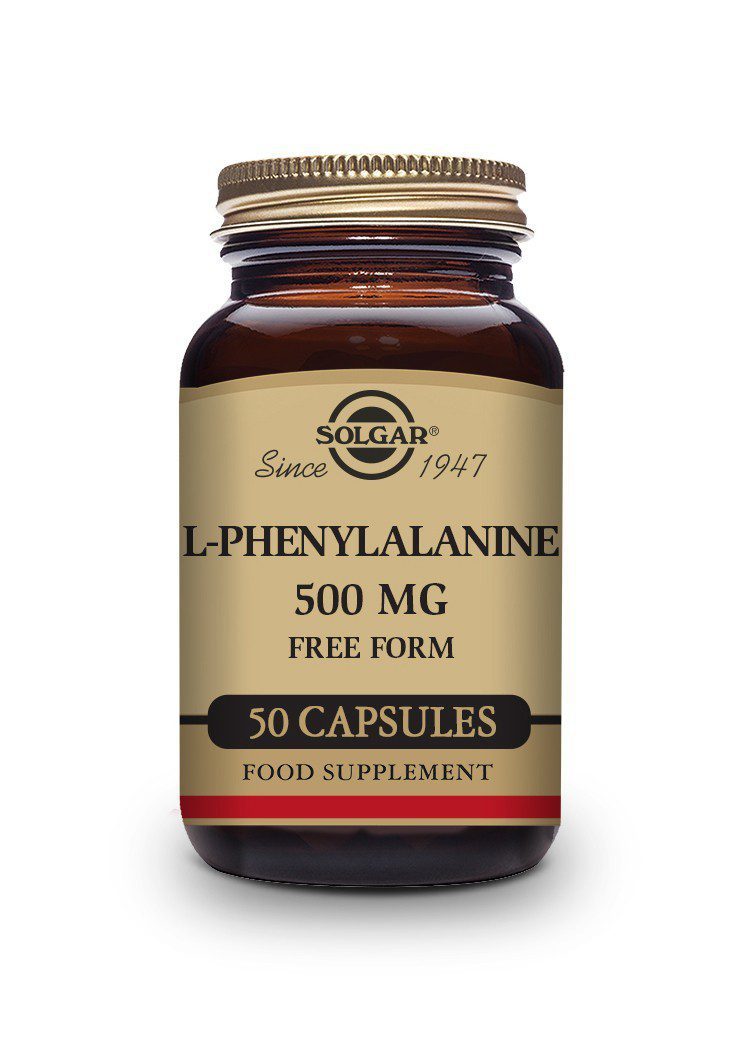

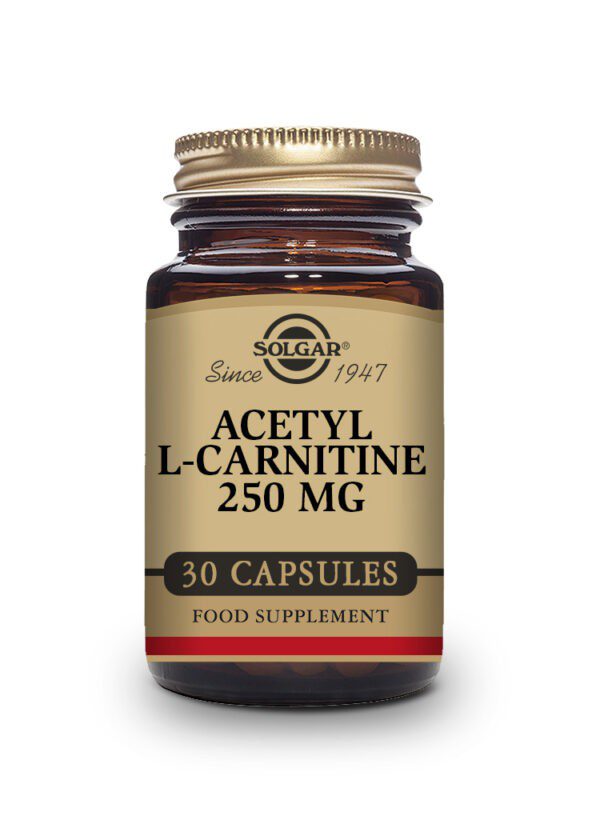
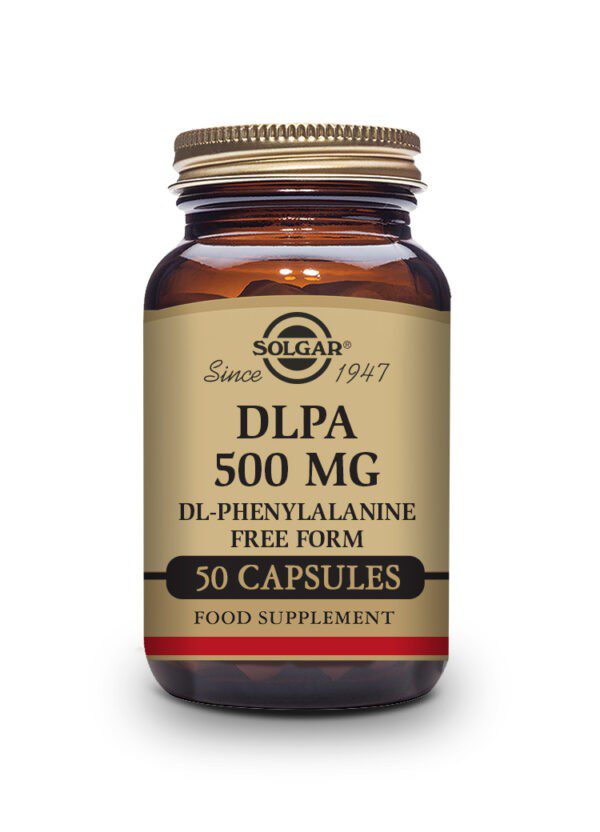
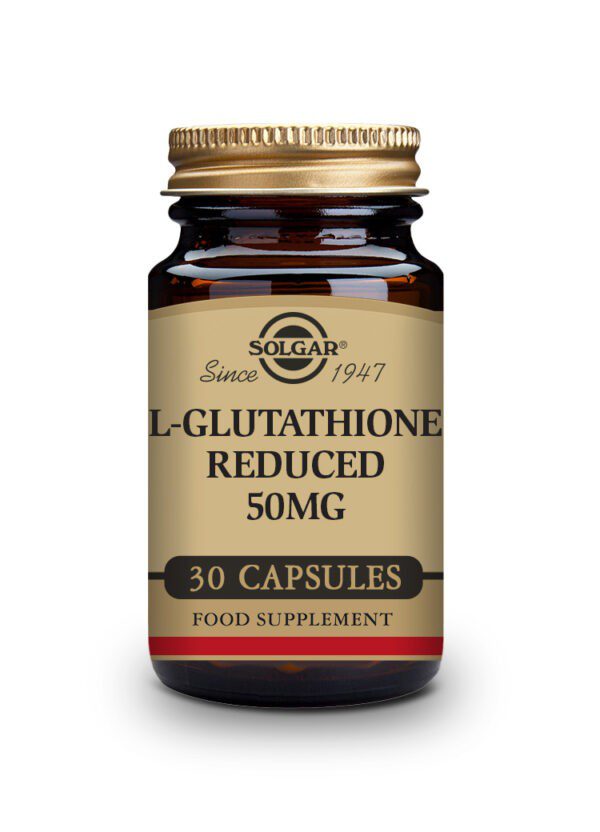
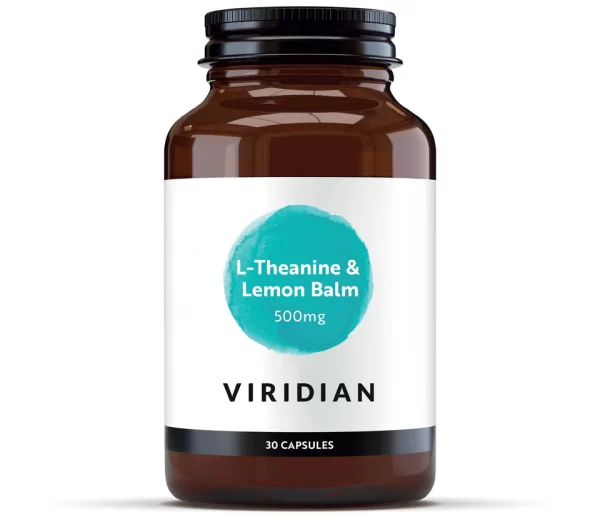
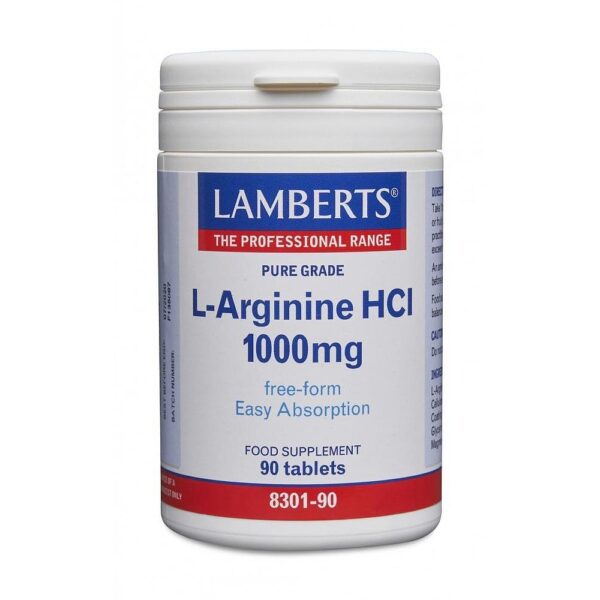
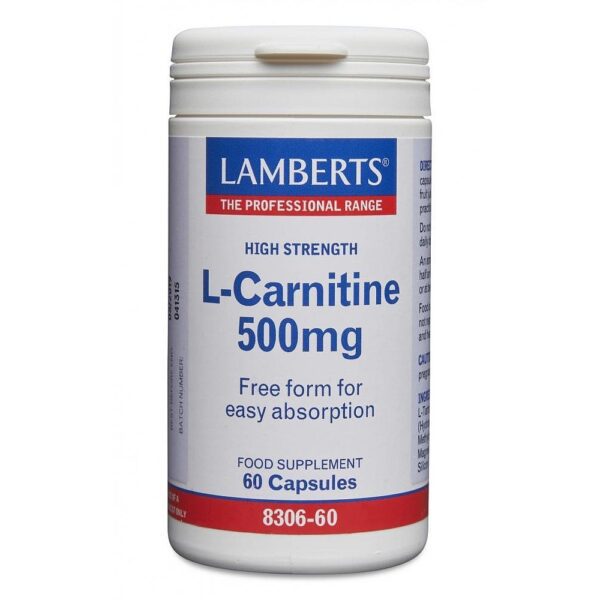
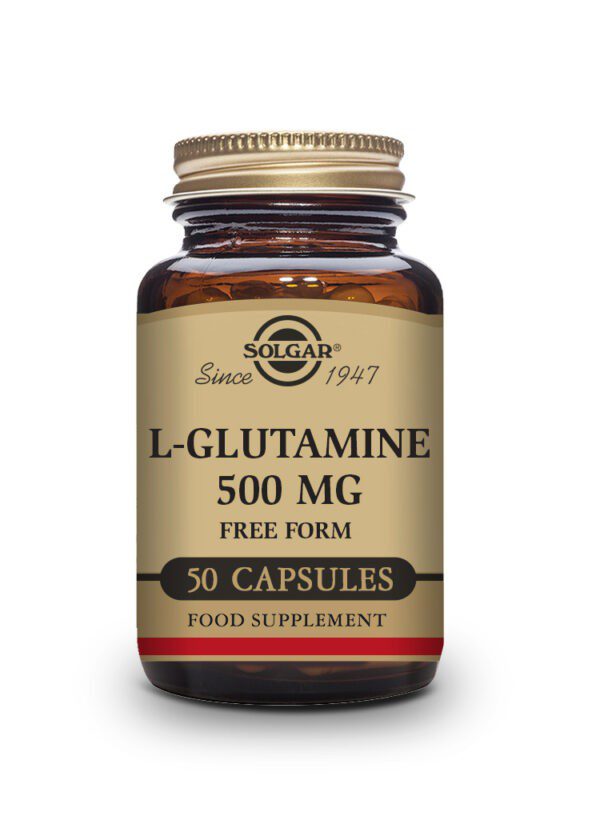
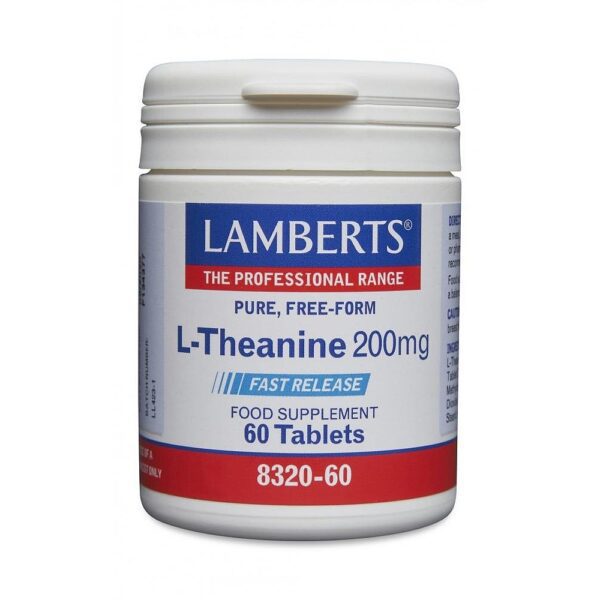




Reviews
There are no reviews yet.